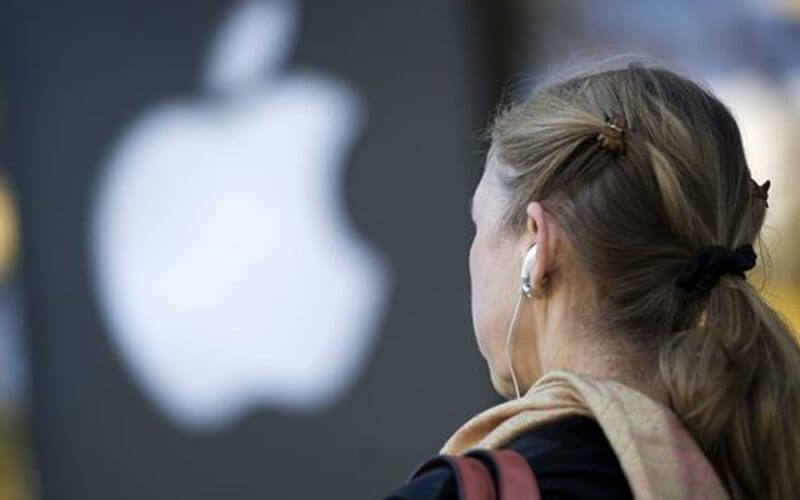Apple has decided to issue an emergency software patch for the iPhone 12, a move that comes after French officials decided the device was transmitting dangerous levels of electromagnetic radiation.
The radiation case is the most recent in a series of European regulatory issues for the California-based company, which has placed the tech company at the center of multiple investigations about its powerful position in the marketplace.
The investigations have also begun to probe some privacy issues and being too close to China.
The radiation scandal in France comes on the heels of Apple is getting ready to release its new iPhone 15 line of smartphones.
Last week, France’s National Frequency Agency ordered the 2020 released iPhone 12 off the market, and threatened a government ordered recall after controls of the “specific absorption rate” – the system of measurement used to determine the level of radiofrequency energy – could be absorbed by the human body – was exceeding permissible limits.
Following France’s announcement, Belgium, Germany, and the Netherlands all followed with investigations into the issue while Spain and Italy asked Apple to update its software for the iPhone 12 to lower electromagnetic radiation emissions.
A European Commission spokesman said the new revelations could prompt EU restrictions to prohibit iPhone 12 sales.
For its part, Apple has denied the phone’s emissions as being outside of legal norms. On Friday it said the company would release a new update for the smartphone’s operating system to eliminate the problem.
EU authorities said they were planning on re-testing the devices once the new software patch is installed.
The French watchdogs say the electromagnetic radiation for the iPhone 12 was 5.74, and the limit is 4.0.
French Minister for Digital Transition and Telecommunications Jean-Noël Barrot said that although the emissions were “more than ten times lower” than radiation levels that would cause long-term health risks, Apple needed to act.
“The rule is the rule,” Barrot wrote on social media. “Apple must comply.”
Carlo Alberto Carnevale-Maffè, a professor of business strategy at Milan’s Bocconi University School of Management, said there are other issues beyond electromagnetic radiation emissions.
“This situation may dent Apple’s reputation a little but there is little risk that it will lead to any legal consequences for the company,” Carnevale-Maffè told Just the News. “But it is clear that European regulators are keen to wag their fingers at big multinational tech companies like Apple.”
The Italian professor posed the possibility that the radiation issue was a way for Europe’s regulators to deal with Apple’s other legal issues and concerns they have had.
“The emissions levels are legitimate, but could it be the case that European authorities may specifically go out to look for problems when it comes to the behavior of a company it has had issues with?” Carnevale-Maffè asked. “Yes, it’s possible. But it’s also impossible to prove. We’ll probably never know for sure.”









